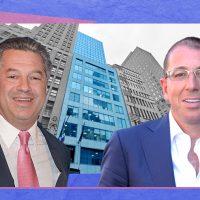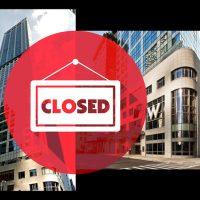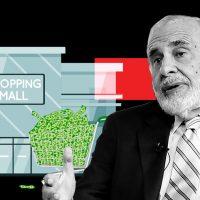In the real estate investment world, being delinquent on debt doesn’t mean investors have run out of money.
They are likely to be cutting losses to shift funds into something more lucrative.
Colony Capital, for example, stopped making payments on many of its hotel bonds when the pandemic hit, while raising at least $6 billion to invest in properties such as cell towers and data centers, according to Bloomberg.

Colony Capital CEO Marc Ganzi
“We’ve been very careful not to put good money into bad situations,” Colony CEO Marc Ganzi said on a recent conference call, the publication reported.
Brookfield Property Partners has also been delinquent or seeking payment relief because of Covid-19 for its malls with about $2 billion of debt in commercial mortgage–backed securities. But the company has already repurchased some of its former debt at reduced prices, Bloomberg noted.
“The lenders are willing to sell us their loans or the mortgages back at a discount,” Brookfield Property CEO Brian Kingston said during an Aug. 6 earnings call. “And so in that case we’ve been able to essentially reacquire the asset at an attractive basis.”
As long as loans are non-recourse, meaning borrowers can walk away by handing over a property’s keys to lenders, missing payments on CMBS debt doesn’t affect other assets of the company. [Bloomberg] — Akiko Matsuda
Read more



